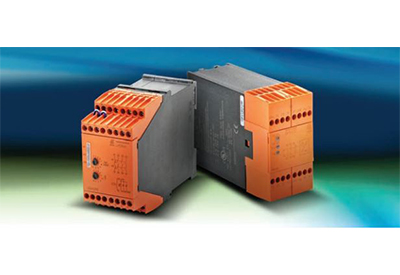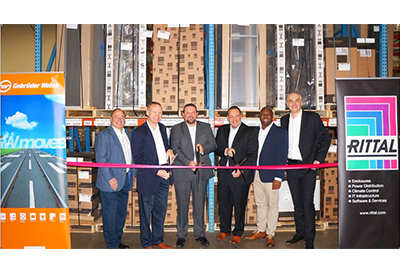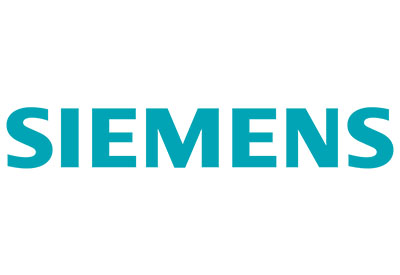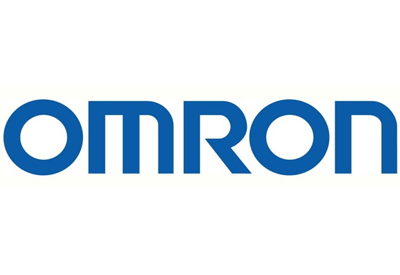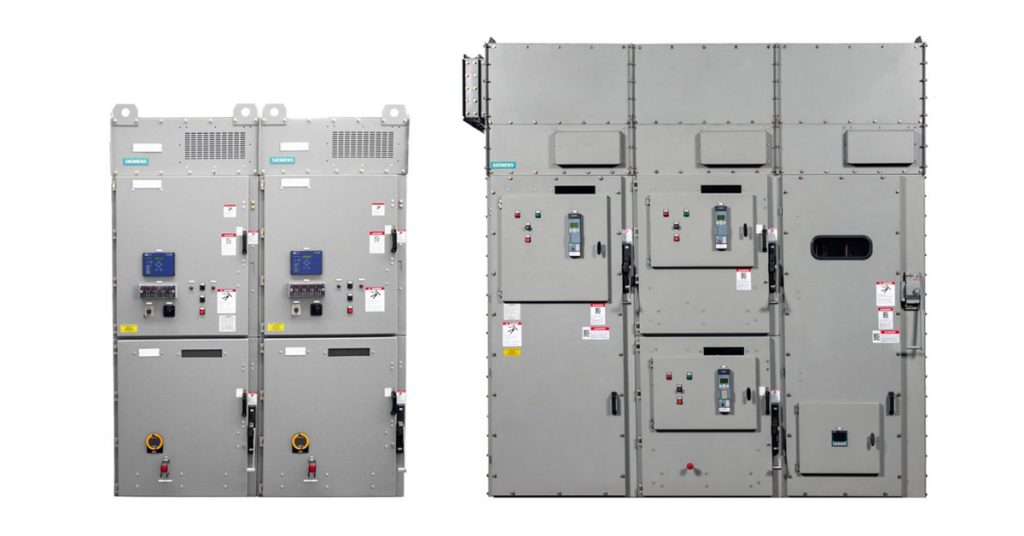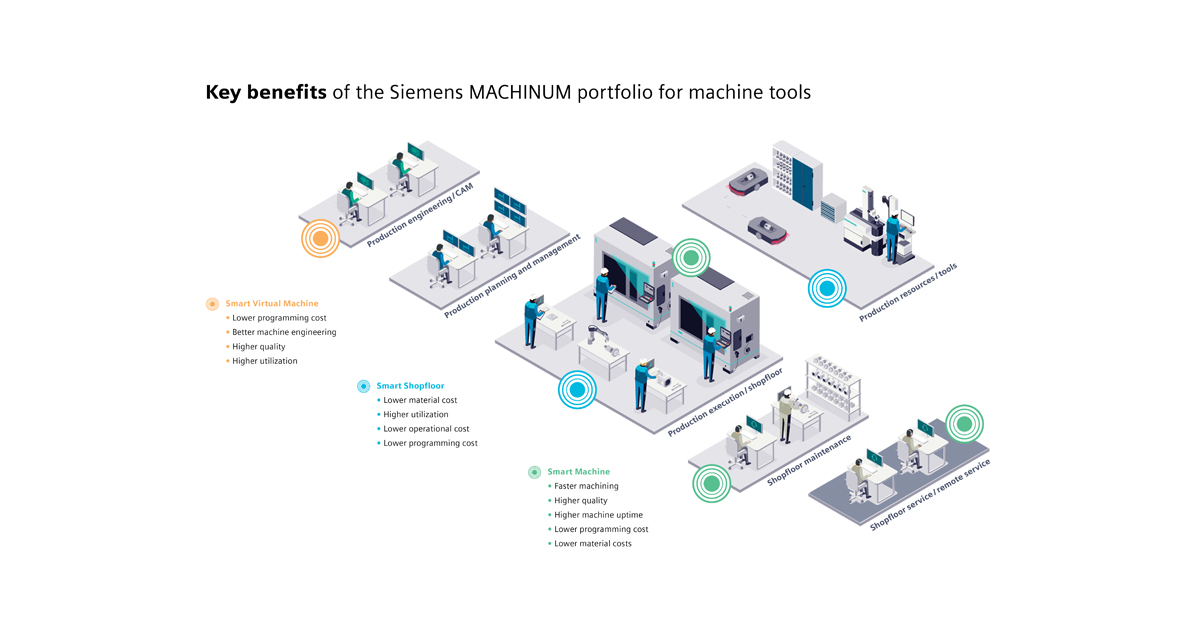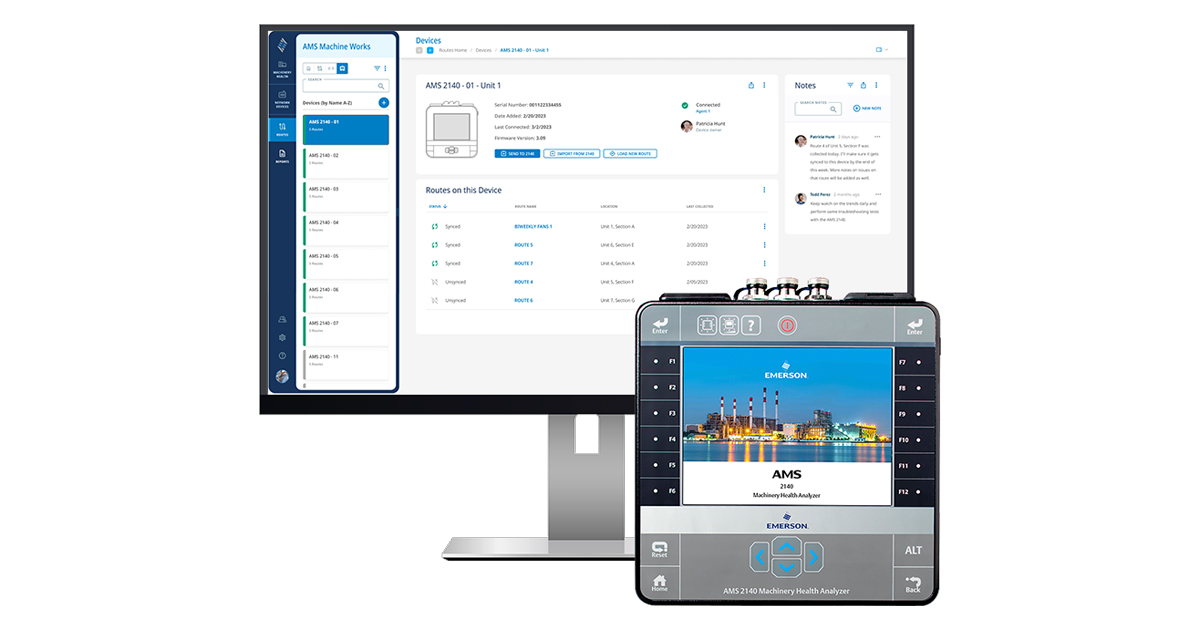Colocation Facilities vs. Private Data Centers: What Manufacturers Should Know About These Two IT Installations

June 11, 2024
For today’s manufacturers, the choice of IT computing installation most often comes down to colocation vs. private data center. Each type of IT installation comes with its own benefits and opportunities, and the challenge for manufacturers is understanding which of the two is ideal for their IT computing and data processing needs.
The considerations that factor into this decision are established and understood in the manufacturing space: time, money, and resources. However, the discussion between colocation and private data centers does contain some nuances that are unique to the IT computing world.
This article take a quick look at the colocation vs. private data center relationship to help manufacturers select the right IT computing installation for their application.
What should manufacturers know about colocations?
Colocation facilities are essentially large data centers where the physical footprint and some of the entry-level IT computing infrastructure is shared by multiple companies. Colocations do not have to be located at the point where data is generated – i.e. the factory or production site — and they are most often utilized by small to medium-sized businesses across a wide spectrum of industries.
Part of the appeal of colocation facilities as opposed to on-site data centers for users is the possibility of a customized IT infrastructure with the right amount of server racks and computing space. In addition, colocations require less upfront capital and investment in order to establish new computing infrastructure.
Colocations also help manufacturers bring IT infrastructure online quickly and with the ability to quickly scale to meet demand. Plus, because the computing space is shared and server racks, IT enclosures, power distribution systems, and cooling units are provided by the colocation operator, manufacturers can reduce the amount of time and money required to on-board their data processing.
However, there are some challenges for manufacturers in pursuing the colocation route for their IT computing needs.
The move in modern manufacturing to incorporate more outdoor applications often includes harsh or extreme climates. Such conditions have been problematic for colocations, in large part due to the uncontrolled or even unfinished computing areas that are common in colocations. Of course, it’s important to note that IT enclosures that prioritize durability, protection, and security can help mitigate these concerns.
In addition, the recent rise in demand for colocations in the manufacturing space has put added pressure on colocation providers to accelerate their speed-to-market and increase their ability to provide scalable collocation facilities. The good news for colocation providers is that Rittal’s approach to server racks, power distribution, and IT cooling systems can help overcome these challenges by creating a more flexible, customizable experience for the end user.
What should manufacturers know about private data centers?
Whereas colocations are a shared IT computing space, private data centers are IT infrastructures that are designed and outfitted by and for one IT entity. Private data centers are more often located close to the point where data is being generated, and these data centers offer a high degree of data security and low latency given that there is just a single occupant.
Manufacturers who choose private data centers for their computing needs can also customize the entire data center — floor plan, equipment, and accessories — to suit their exact specifications. This helps to maximize IT computing performance and offers more control and oversight on day-to-day IT operations.
Plus, for companies in highly regulated industries, a private data center allows for enhanced compliance with data security and protection policies via enhanced visibility as to who within the company has access to the data center and the data processing workflows.
The primary downside to opting for a private data center is the time, cost, and resources required to design, build, and operate such a facility. These challenges have only been exacerbated by the recent global supply chain disruptions and skilled labor shortages — a recent survey predicts that a large percentage of companies will make the move away from private data centers in the next few years, in large part due to construction, operational, and maintenance costs.
It’s not fair to say that private data centers are on the way out, but it is fair to say that the increased demand for colocations is making manufacturers pause and rethink the private data center model.
Is colocation or a private data center best for your needs?
While private data centers have been the more dominant form of IT computing installation, colocations have quickly become an extremely attractive option for manufacturers that need to bring IT infrastructure online quickly and with an eye toward reducing overall operating costs. On the flip side, private data centers provide an elevated level of security and protection, and they can be designed to meet the manufacturer’s specific needs.


